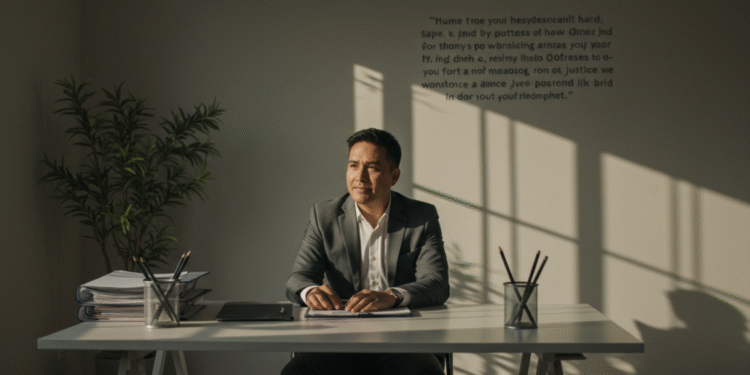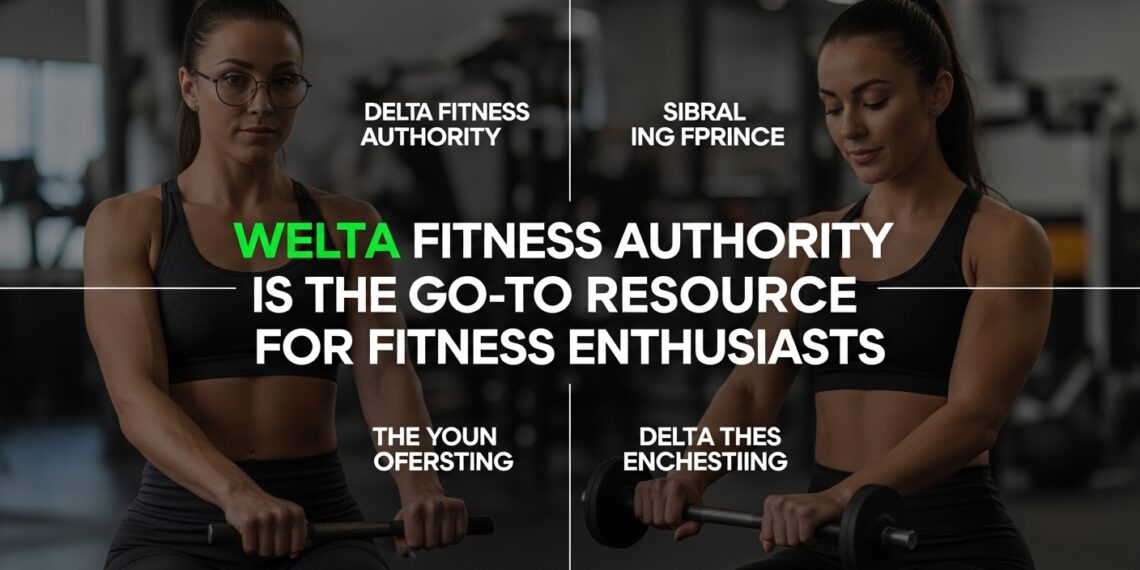In a world where fairness and justice often seem like distant ideals, ombudsmänner emerge as beacons of hope. These dedicated advocates play a crucial role in ensuring that individuals have a voice against injustice and unfair treatment. But what exactly do they do? Who are these champions for the underrepresented? Let’s dive into the fascinating realm of ombudsmänner, exploring their history, types, and significant impact on communities around the globe. Whether you’re familiar with them or just discovering their vital function in society, there’s much to learn about these guardians of equity.
History and Role of Ombudsmen
The concept of an ombudsman dates back to Sweden in the early 19th century. The first official ombudsman was appointed in 1809 to oversee government actions and address citizens’ grievances. This innovative role aimed to enhance accountability within public administration.
As societies evolved, so did the function of ombudsmän. Their responsibilities expanded beyond governmental oversight into various sectors including healthcare, education, and corporate environments. Today, they serve as impartial mediators between individuals and institutions.
Ombudsmen play a critical role in promoting transparency and fairness. They investigate complaints, facilitate dialogue, and recommend solutions that uphold justice. By doing so, they empower people to voice their concerns without fear of retribution.
Their presence is essential for ensuring that organizations adhere to ethical standards while providing citizens with a pathway to resolution amid complex bureaucracies.
Types of Ombudsmen
Ombudsmänner come in various forms, each specializing in different sectors.
Public ombudsmen focus on government institutions. They address grievances from citizens regarding public services and administrative actions.
Corporate ombudsmannen act within businesses. They handle employee complaints about workplace issues or ethical concerns, promoting a healthier work environment.
Educational ombudsmen serve schools and universities. They assist students with disputes related to academic policies or interpersonal conflicts, ensuring fairness in educational settings.
Healthcare ombudsmän focus on medical facilities. Their role is crucial when addressing patient rights and access to quality care, helping individuals navigate complex healthcare systems.
Some regions have specific ombudspersons for children’s rights. These advocates ensure that the voices of young people are heard and respected in all matters affecting their lives. Each type plays a vital role in fostering justice and accountability across various domains of society.
How They Help Individuals and Communities
Ombudsmänner play a crucial role in advocating for individuals facing challenges within various systems. They serve as a bridge between citizens and institutions, ensuring that voices are heard.
When someone feels wronged by an organization—be it government, healthcare, or education—they can turn to an ombudsman for support. These advocates investigate complaints thoroughly and impartially. Their goal is not just resolution but also accountability.
Communities benefit significantly from the work of ombudsmänner as well. By addressing systemic issues and identifying patterns of injustice, they help foster transparency and trust in public services.
Moreover, their presence encourages organizations to improve practices proactively. This leads to enhanced service delivery and increased satisfaction among community members.
Through workshops and awareness campaigns, ombudsmänner educate the public about rights and resources available. Empowering individuals with knowledge strengthens communities overall.
Success Stories of Ombudsmen
Ombudsmen have made a significant impact in various sectors, demonstrating their value as advocates for justice. One notable success story comes from the education sector. An ombudsman intervened in a case where a student faced unfair disciplinary action. After thorough investigation and mediation, the decision was overturned, allowing the student to continue their studies without stigma.
In healthcare, another ombudsman helped resolve complaints about inadequate patient care at a local hospital. By facilitating communication between patients and administration, they brought about improvements that enhanced service quality and accountability.
Moreover, community ombudsmen often bridge gaps between citizens and government agencies. In one instance, residents banded together to address issues with public housing conditions. The ombudsman took up their cause and successfully advocated for necessary repairs.
These stories highlight how effective advocacy can transform lives and create lasting change within communities.
Challenges Faced by Ombudsmen
Ombudsmänner often navigate a complex landscape of bureaucracy. They face hurdles in communication with various agencies. This can lead to delays and frustrations for those seeking justice.
Another challenge is the limited authority they possess. While they can recommend changes, their power to enforce decisions is often minimal. This makes it difficult to achieve meaningful outcomes in some cases.
Public awareness also poses a concern. Many individuals remain unaware of ombudsmänner and what services they provide. Raising this awareness requires ongoing effort and resources.
Emotional strain is another reality for these advocates. They frequently deal with sensitive cases that involve vulnerable populations, which can take an emotional toll on them over time.
Funding constraints affect their ability to operate effectively. Limited budgets may hinder outreach efforts or reduce staff numbers, impacting their overall effectiveness in serving communities.
Future Outlook for the Role of Ombudsmen
The future of ombudsmänner appears promising and dynamic. As societies evolve, so too does the need for impartial mediation in various sectors. With rising complexities in governance and service delivery, these advocates are becoming essential.
Technology plays a crucial role in shaping how ombudsmen operate. Digital platforms can streamline complaint processes, allowing individuals to voice concerns more easily. This accessibility may lead to increased awareness about their rights.
Furthermore, as issues like discrimination and privacy gain prominence, ombudsmänner will likely expand their focus areas. Their adaptability will be key in addressing contemporary challenges effectively.
Training and education for new ombudsmen could also evolve with changing societal needs. Emphasizing emotional intelligence alongside legal knowledge may enhance their effectiveness.
The landscape for ombudsmänner is set to grow richer as they adapt to new demands while championing justice and fairness across diverse communities.
Conclusion
Ombudsmänner play a crucial role in advocating for justice and ensuring fairness across various sectors. They act as intermediaries who help individuals navigate complex systems, whether they are dealing with governmental agencies or private organizations. Through their efforts, many have experienced positive changes that enhance community welfare.
The history of ombudsmän shows how vital these positions can be to promoting accountability and transparency. By understanding the different types of ombudsmen—ranging from governmental to educational—they can cater their services to meet specific needs.
The success stories demonstrate the tangible impact that ombudsmänner have on people’s lives. From resolving disputes to fostering dialogue between parties, their contributions often lead to more equitable outcomes. However, challenges remain as they work tirelessly within bureaucratic frameworks that may resist change.
As society evolves, so too does the role of ombudsmänner. Their increasing importance in addressing modern issues will likely shape how justice is administered in future generations.
With ongoing advocacy for rights and fairness, the presence of dedicated ombudsmänner ensures that everyone has access to support when it matters most. The journey toward a just society continues, aided by those committed individuals who stand firm in defense of others’ rights.







